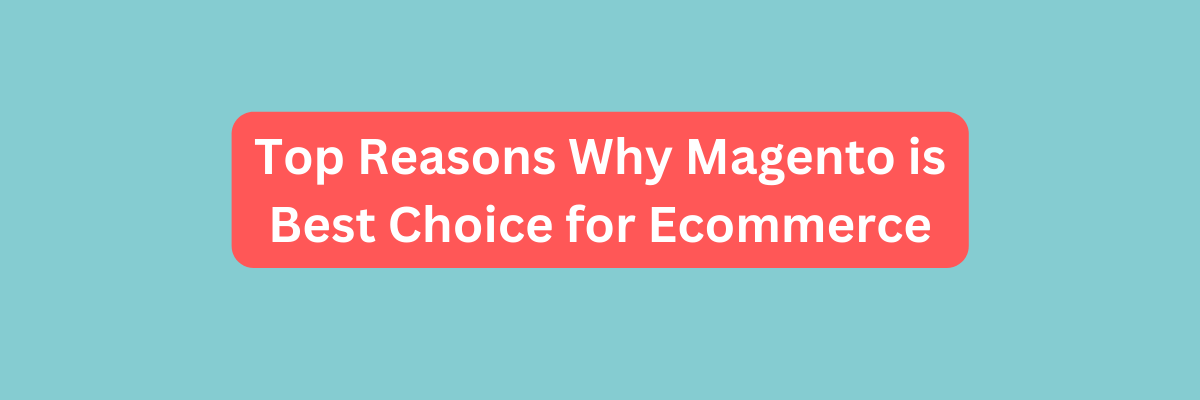
Magento has been a popular choice for ecommerce businesses for several reasons. As of my last knowledge update in September 2021, here are some of the top reasons why Magento was considered one of the best choices for ecommerce platforms:
-
Flexibility and Customization: Magento offers a high degree of flexibility, allowing businesses to tailor their online stores to their unique needs. Its open-source nature enables developers to customize and extend the platform extensively.
-
Scalability: Magento is designed to handle large and rapidly growing ecommerce stores. Its architecture allows for scalability, making it suitable for businesses of varying sizes.
-
Feature-Rich: Magento comes with a plethora of built-in features and functionalities, including support for multiple languages, currencies, product catalogs, and more. It also supports complex discounting and promotion rules, making it suitable for diverse business models.
-
SEO-Friendly: Magento is well-known for its SEO capabilities, including customizable URLs, meta tags, sitemaps, and more. This helps online stores rank better in search engine results, driving organic traffic.
-
Mobile-Friendly: With the rise in mobile commerce, Magento offers responsive design themes that ensure a seamless shopping experience across different devices.
-
Large Community and Support: Being an open-source platform, Magento has a large and active community of developers, designers, and users. This community support means that finding solutions, plugins, and resources is relatively easier.
-
Extensions and Integrations: The Magento Marketplace offers a wide range of extensions and plugins, allowing businesses to add specific functionalities to their stores without starting from scratch.
-
Internationalization: Magento supports multiple languages, currencies, and tax rates, making it suitable for businesses targeting global markets.
-
Advanced Marketing Tools: Magento includes powerful marketing and promotional tools like advanced analytics, upselling, cross-selling, and targeted promotions to help businesses boost sales and customer engagement.
-
Security: Magento takes security seriously, and the platform regularly releases security patches and updates to address vulnerabilities.
-
B2B Capabilities: Magento offers specialized features for B2B ecommerce, including customizable catalogs, pricing structures, and customer group management.
-
Content Management: Magento isn't just about selling products; it also offers robust content management capabilities, allowing businesses to create engaging content alongside their products.
However, it's important to note that while Magento has many strengths, it also comes with certain complexities. Setting up and maintaining a Magento store can require technical expertise and resources, making it potentially less suitable for small businesses without a strong development team.
Since the ecommerce landscape is constantly evolving, I recommend checking the latest information to ensure that Magento still aligns with the current needs and trends of your ecommerce business in 2023. Additionally, there are other ecommerce platforms available, so it's worth comparing Magento with alternatives to make an informed decision based on your specific requirements.

 Register
Register Sign in
Sign in



